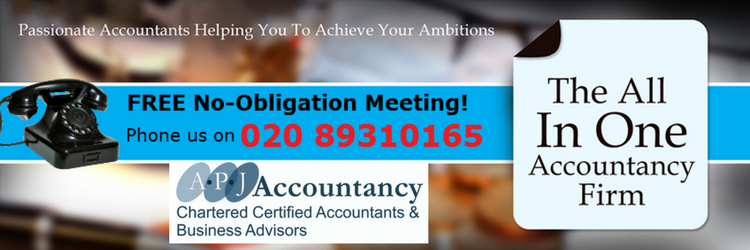In his Autumn Statement, the Chancellor announced that the Government will implement significant changes to the taxation of workers providing their services to the public sector through their own company or via an agency. These new measures have now been included in draft clauses to be included in Finance Act 2017 which were issued for consultation on 5 December 2016. If brought in, new rules will apply from 6 April 2017.
“Public sector” includes central and local government, the NHS, state schools, and bodies such as the BBC.
The new rules will put the onus on the public sector engager or agency supplying the public sector body to determine whether or not the IR35 personal service company and intermediary rules apply to the relationship, and if so deduct and pay over income tax and national insurance on behalf of the worker.
This will be a major change as currently the worker and his company/ intermediary has to determine whether or not IR35 applies.
A further change proposed from 6 April 2017 is that the worker will no longer qualify for a 5% deduction currently deemed to cover administration costs.
These changes come on top of restrictions to relief for such workers’ travelling expenses that came into effect from 6 April 2016.
Please contact us if these changes are likely to apply to you.
PJ | ☎ 020 8931 0165 | ☏ 0790 053 7459 | ✉ info@apjaccountancy.com





